In this blog post, we are going to share a free PDF download of Clinical Skills Review: Scenarios Based on Standardized Patients 3rd Edition PDF using direct links. In order to ensure that user-safety is not compromised and you enjoy faster downloads, we have used trusted 3rd-party repository links that are not hosted on our website.
At Medicalstudyzone.com, we take user experience very seriously and thus always strive to improve. We hope that you people find our blog beneficial!
Now before that we move on to sharing the free PDF download of Clinical Skills Review: Scenarios Based on Standardized Patients 3rd Edition PDF with you, here are a few important details regarding this book which you might be interested.
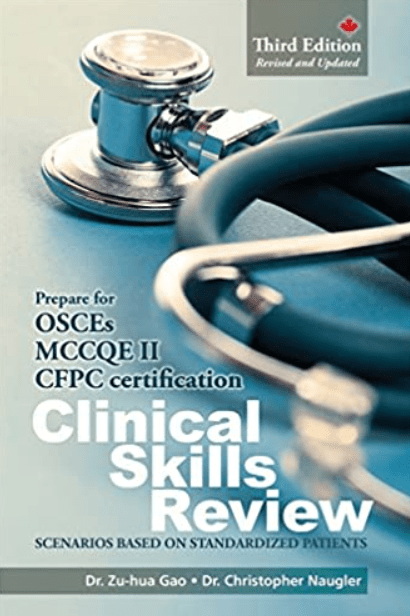
Overview
Clinical Skills Review: Scenarios Based on Standardized Patients 3rd Edition PDF is one of the best book for quick review. It is very good book to study a a day before your exam. It can also cover your viva questions and will help you to score very high.
You might also be interested in:
NCLEX Lippincott Pharmacology Flash Cards Secrets Study Guides 2020-2021 PDF Free Download
MCAT & USMLE Gunner Review PDF Free Download
Botulinum Toxin: Procedures in Cosmetic Dermatology Series, 4th Edition (+Videos) Free Download
PRP and Microneedling in Aesthetic Medicine, 1st Edition (+ Videos) Free Download
Features of Clinical Skills Review: Scenarios Based on Standardized Patients 3rd Edition PDF
Following are the features of Clinical Skills Review: Scenarios Based on Standardized Patients 3rd Edition PDF:
More cases = more success on your exam
When you take your clinical skills exam, every case you know counts. Prepare quickly and efficiently for your clinical exam with the updated third edition of this bestselling OSCE study guide. Written by Canadian doctors, Clinical Skills Review presents 134 cases based on scenarios you’ll encounter on the MCCQE II and CFPC certification exams.
An essential resource for Canadian medical students and international medical graduates seeking a licence to practise medicine in Canada, Clinical Skills Review is also a valuable supplemental guide for the USMLE Step 2 CS.
Features of the new edition include:
- Comprehensive coverage of typical clinical situations.
- A systematic approach to clinical skills.
- Indexes of cases and medical abbreviations for easy reference.
- Time-tested mnemonics to help you excel on the exam.
- Aids for group study, since practice is the best way to prepare.
- Cases organized by categories found on the MCCQE II: Medicine, pediatrics, obstetrics and gynecology, preventive medicine and community health, psychiatry and neurology, and surgery.
Download Clinical Skills Review: Scenarios Based on Standardized Patients 3rd Edition PDF Free:
Now you can download Clinical Skills Review: Scenarios Based on Standardized Patients 3rd Edition PDF from Medicalstudyzone.com below link:

Disclaimer:
This site complies with DMCA Digital Copyright Laws. Please bear in mind that we do not own copyrights to this book/software. We are not hosting any copyrighted contents on our servers, it’s a catalog of links that already found on the internet. Medicalstudyzone.com doesn’t have any material hosted on the server of this page, only links to books that are taken from other sites on the web are published and these links are unrelated to the book server. Moreover Medicalstudyzone.com server does not store any type of book, guide, software, or images. No illegal copies are made or any copyright © and / or copyright is damaged or infringed since all material is free on the internet. Check out our DMCA Policy. If you feel that we have violated your copyrights, then please contact us immediately. We’re sharing this with our audience ONLY for educational purpose and we highly encourage our visitors to purchase original licensed software/Books. If someone with copyrights wants us to remove this software/Book, please contact us. immediately.
You may send an email to [email protected] for all DMCA / Removal Requests.

![ALL MBBS Books PDF 2025 - [First Year to Final Year] Free Download ALL MBBS Books PDF 2022 - [First Year to Final Year] Free Download](https://medicalstudyzone.com/wp-content/uploads/2022/06/ALL-MBBS-Books-PDF-2022-First-Year-to-Final-Year-Free-Download.jpg)
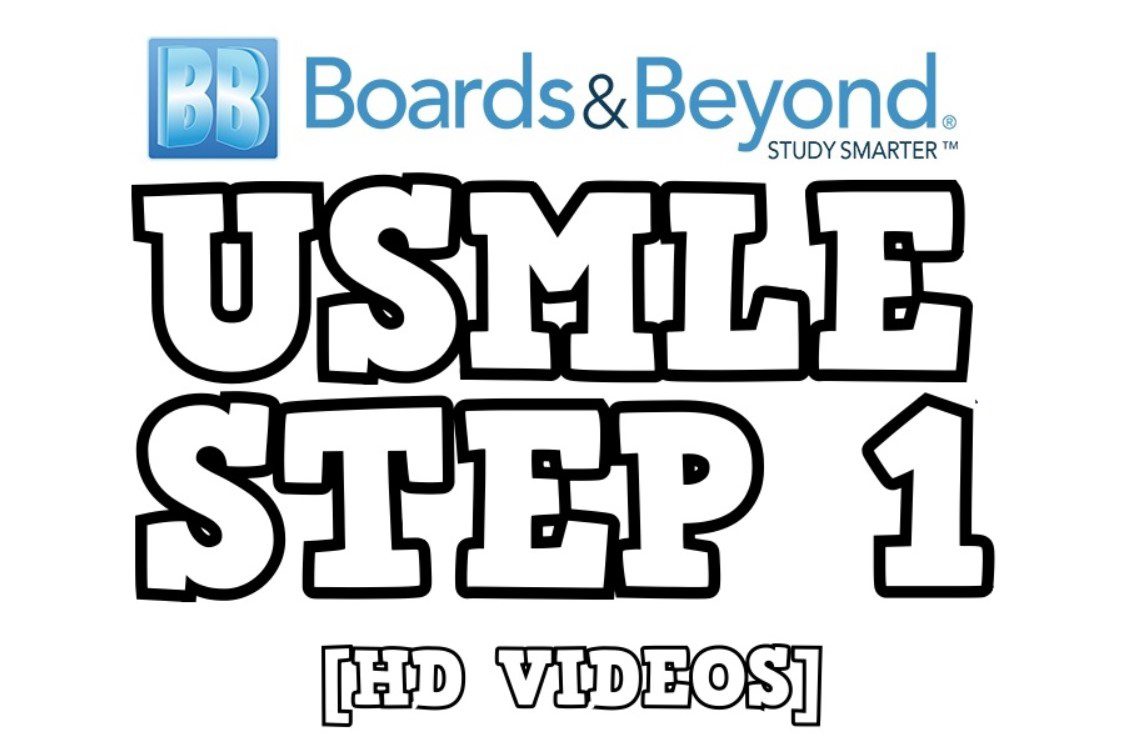
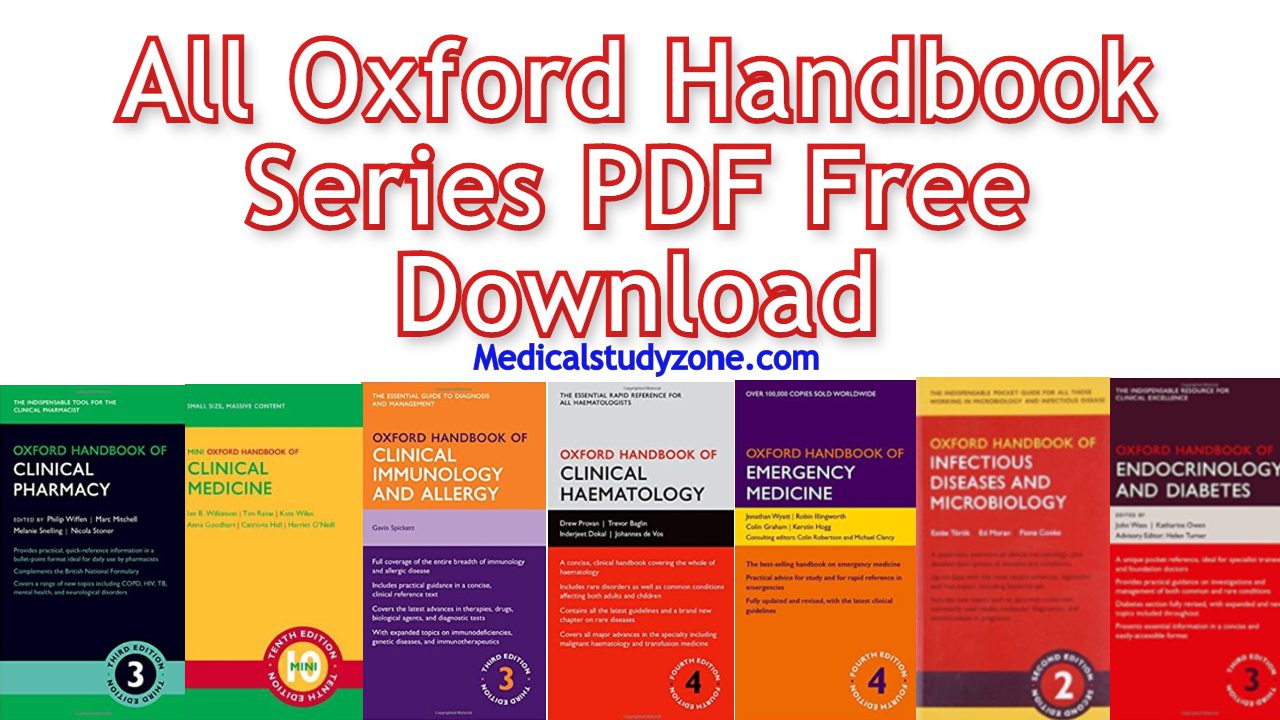
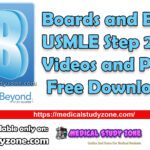
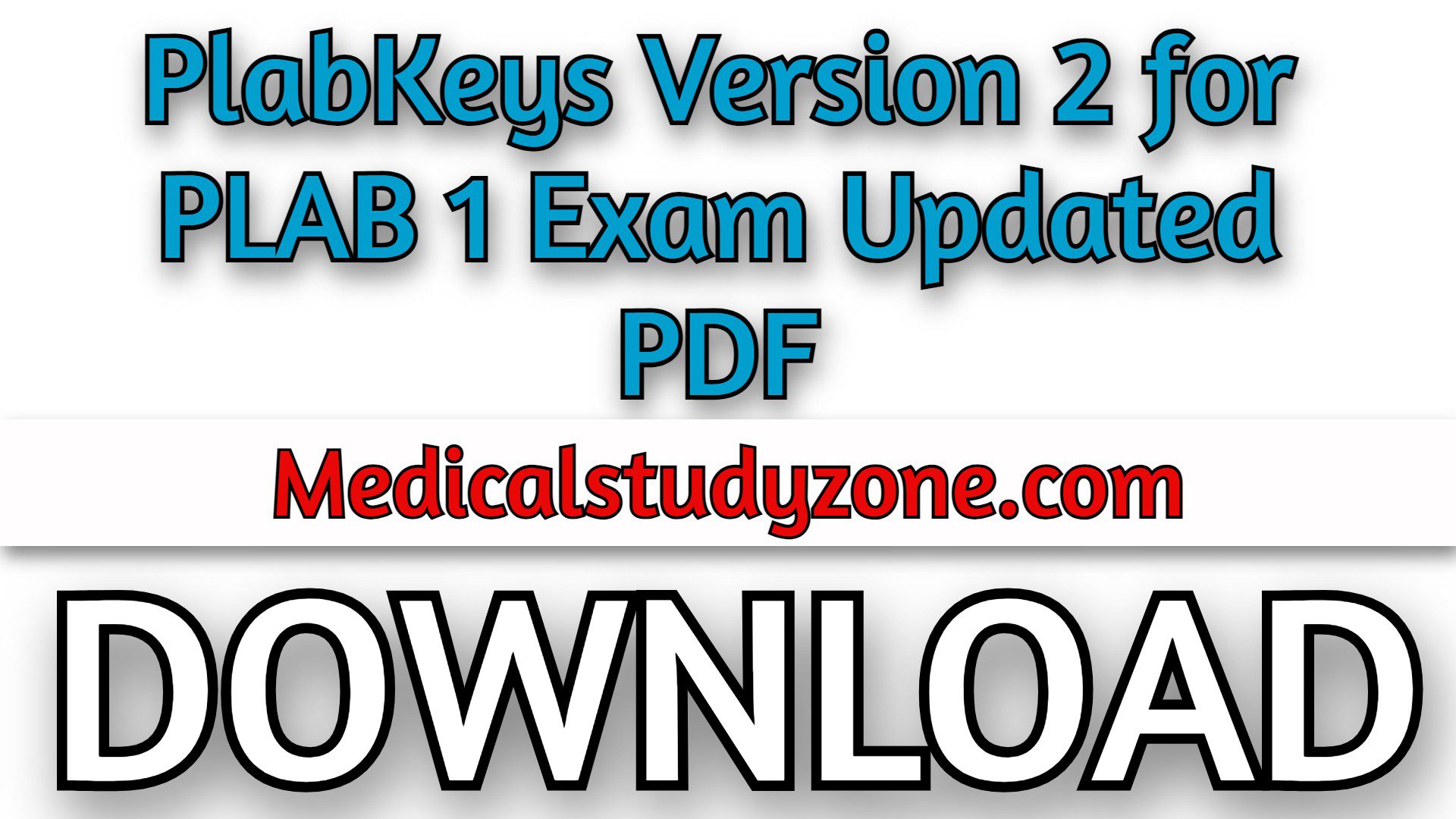
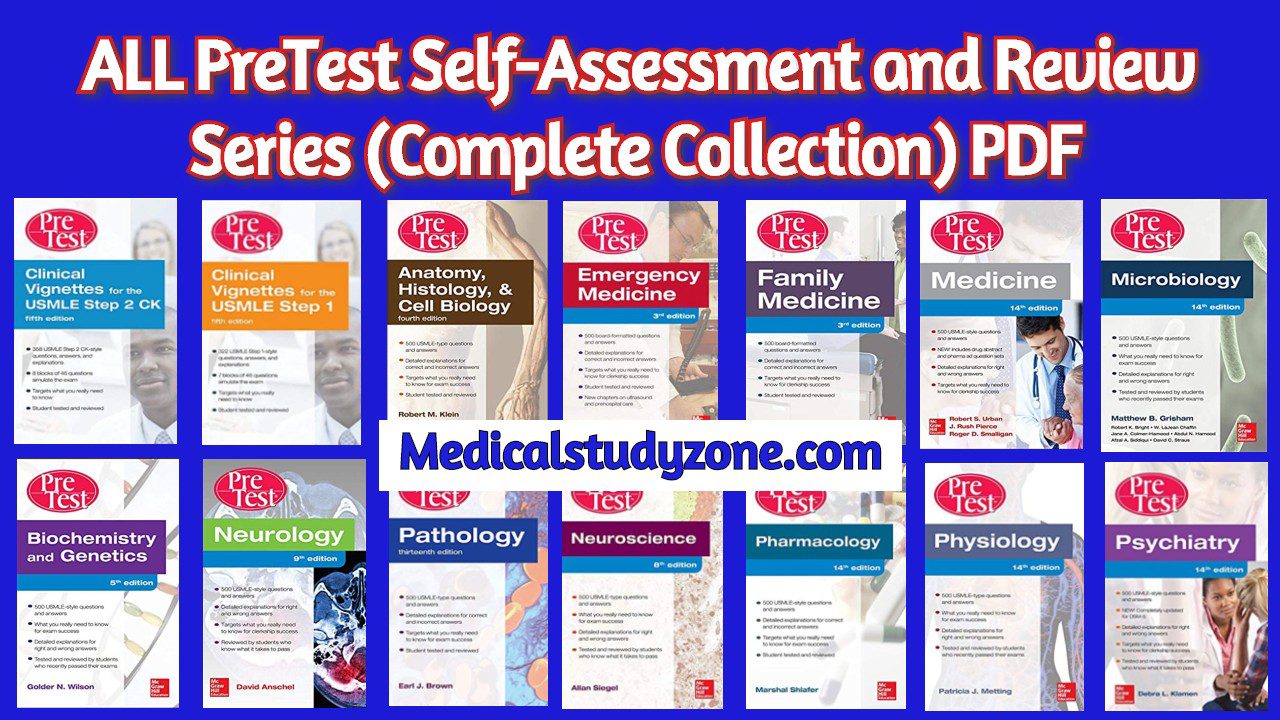
![All First Aid Book Series PDF 2025 Free Download [36 Books] All First Aid Book Series PDF 2020 Free Download](https://medicalstudyzone.com/wp-content/uploads/2020/07/All-First-Aid-Book-Series-PDF-2020-Free-Download.jpg)
Leave a Reply